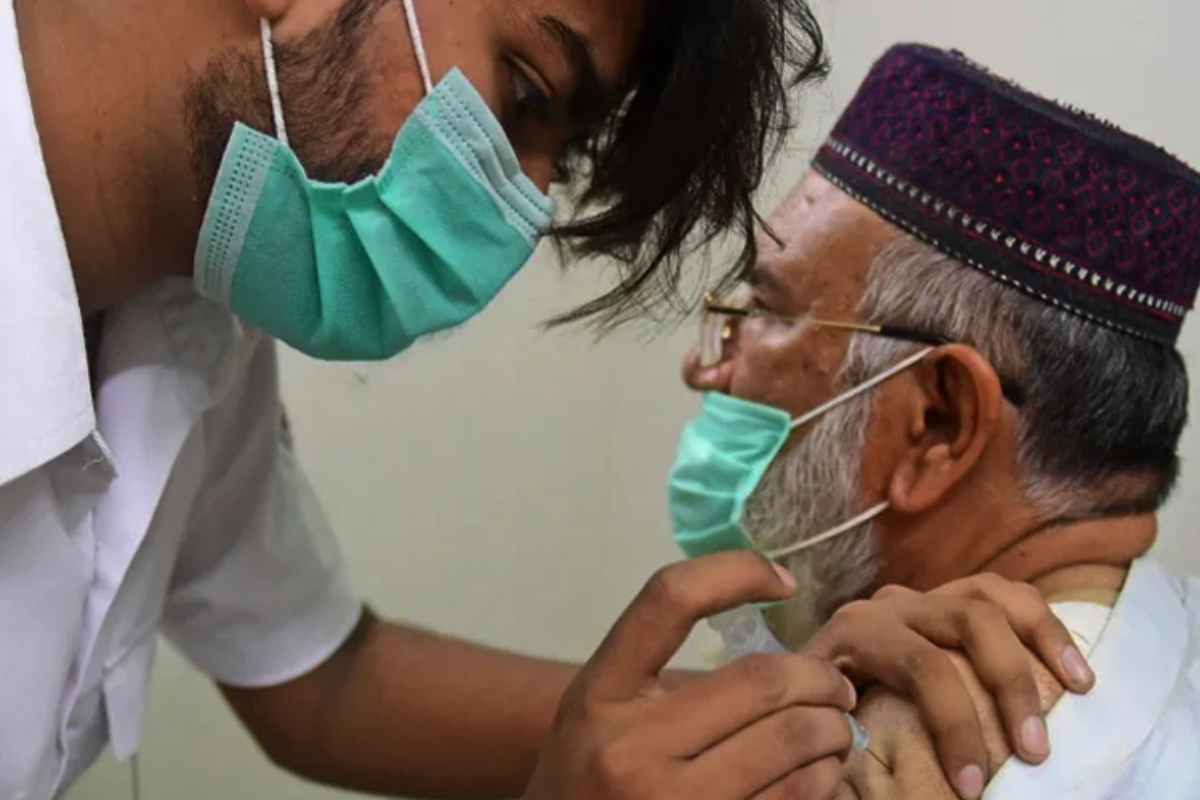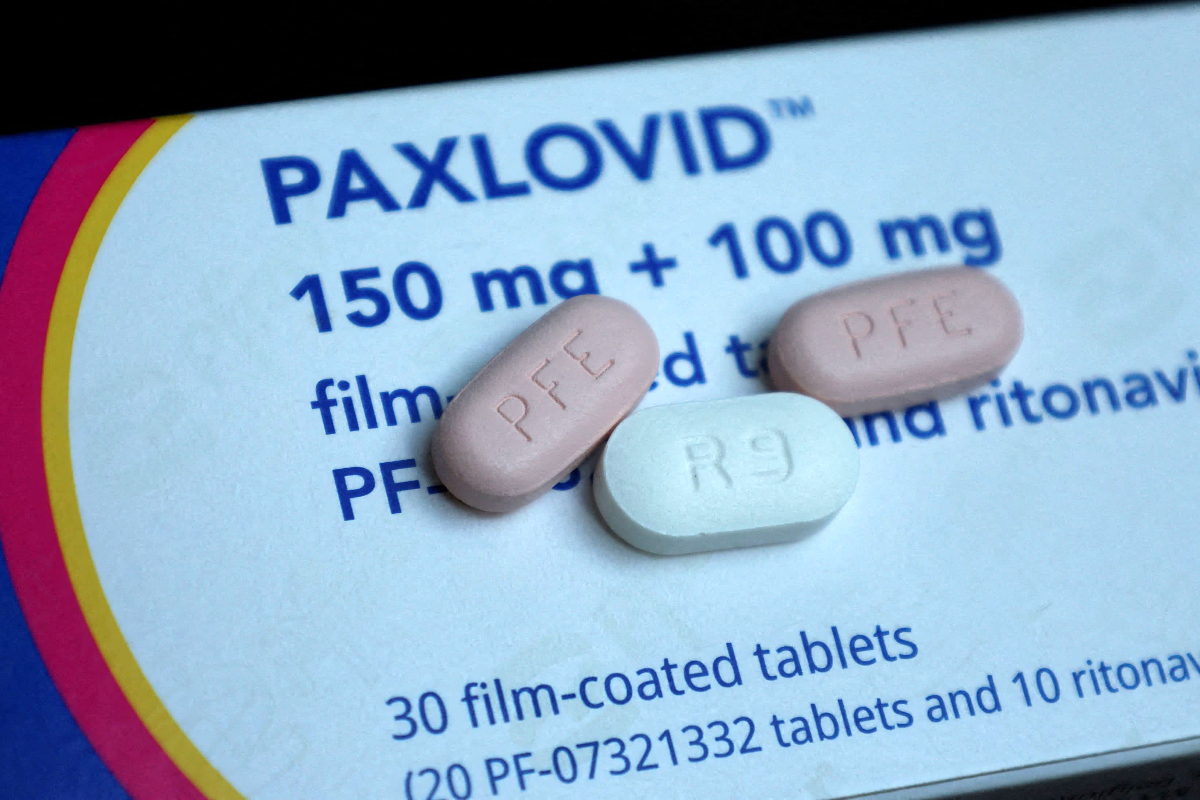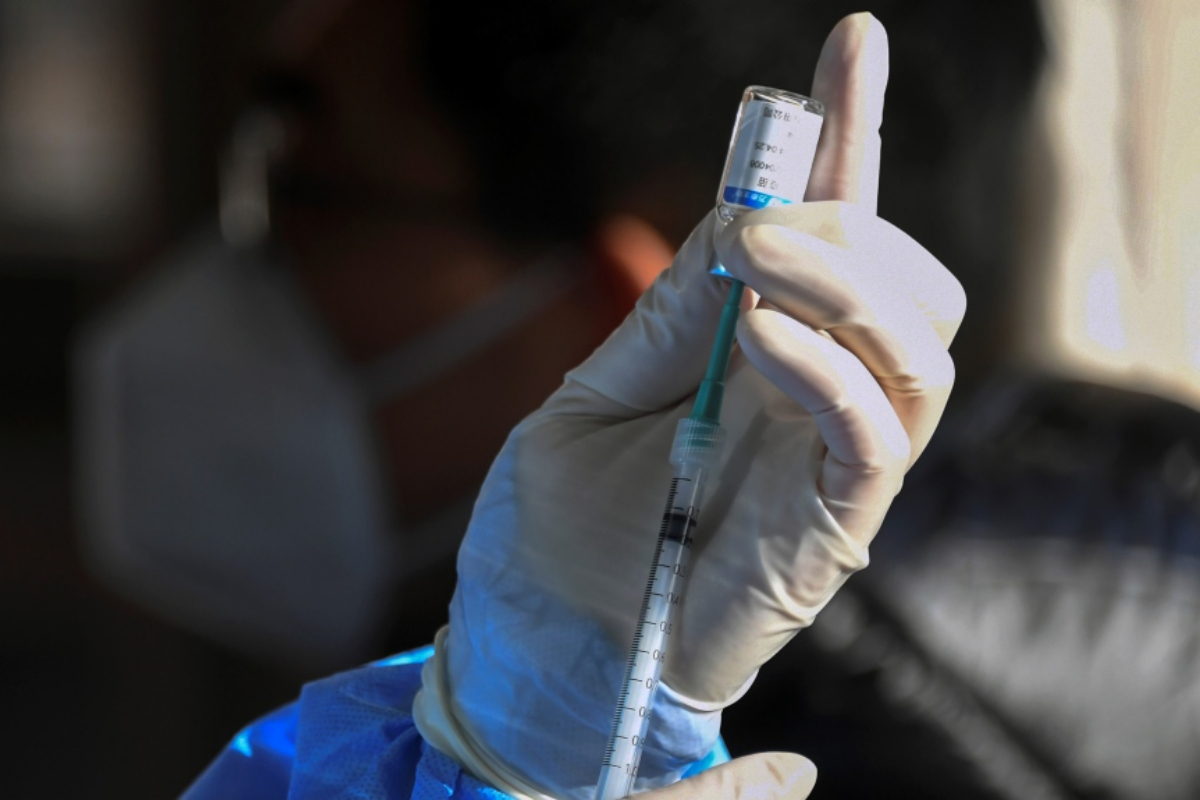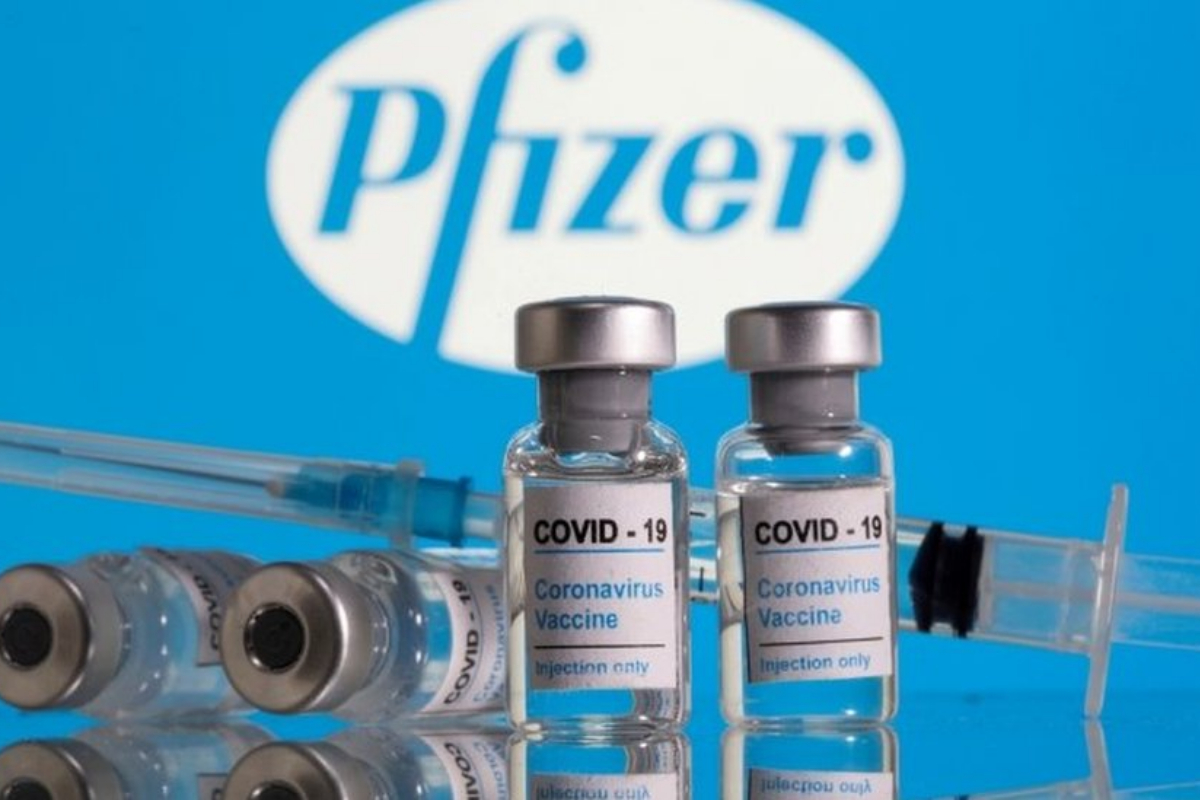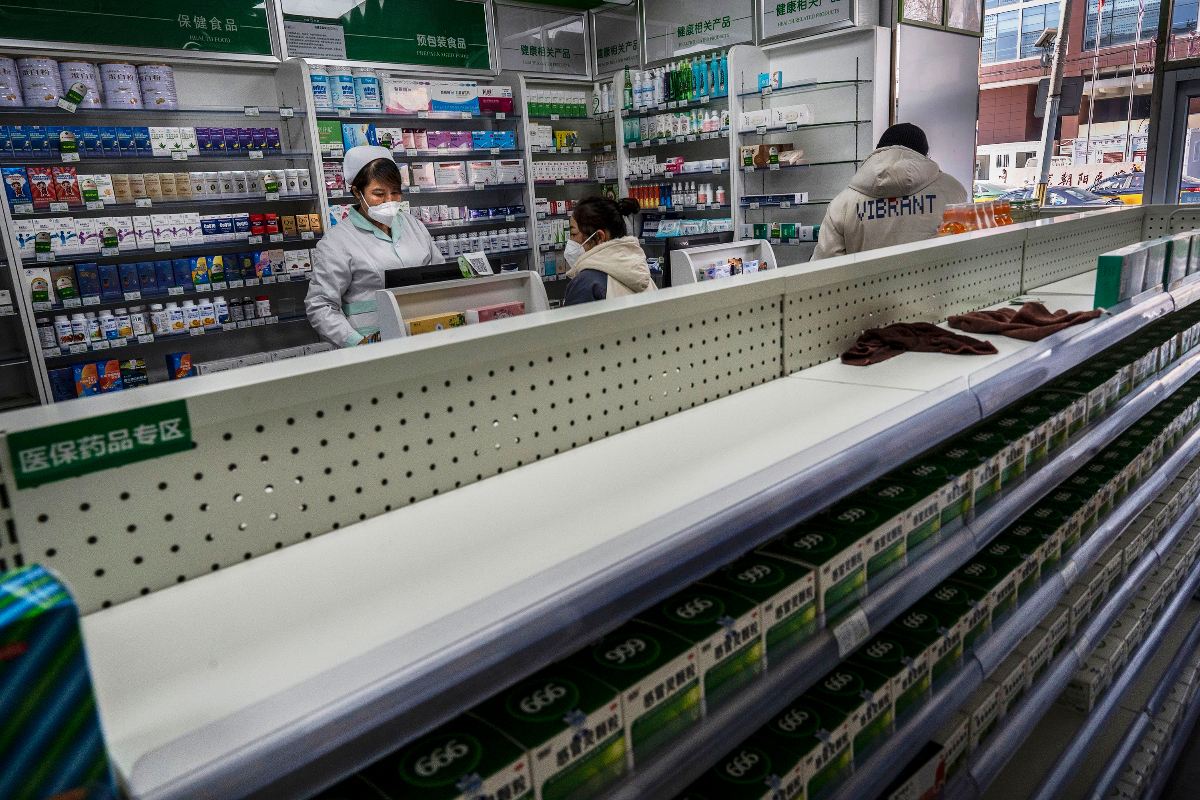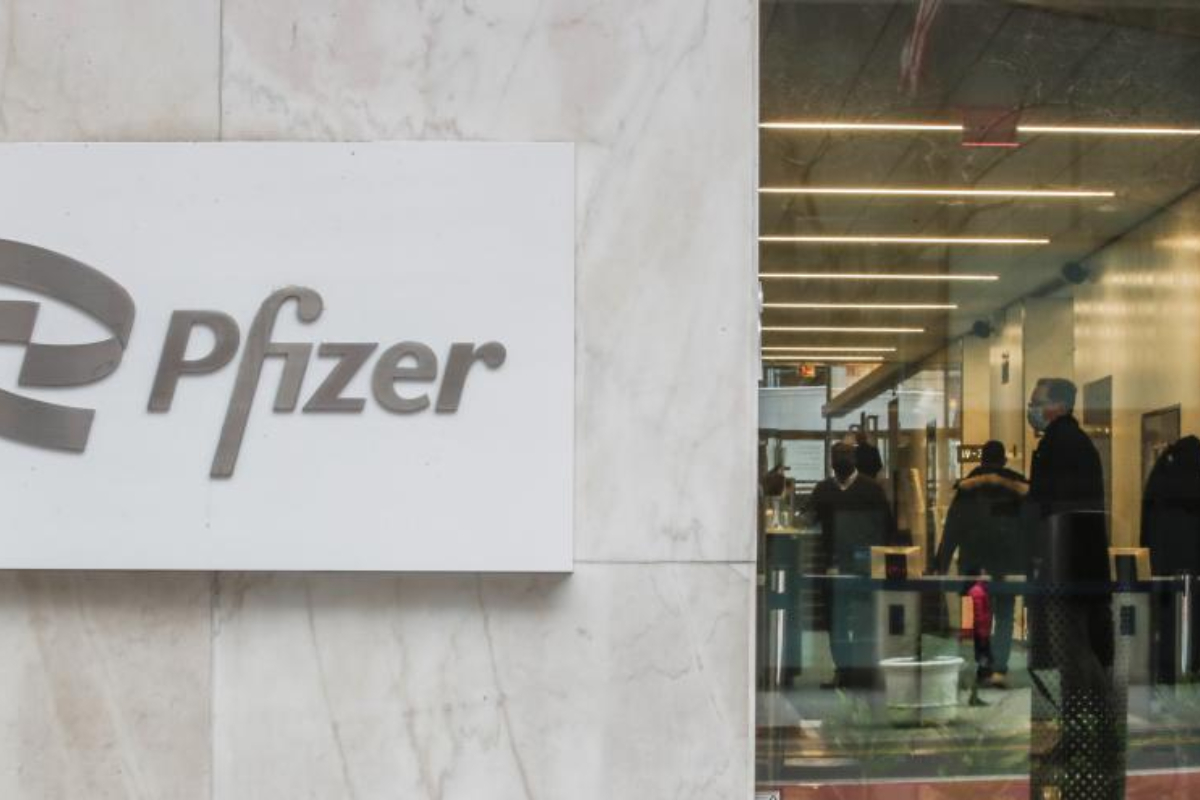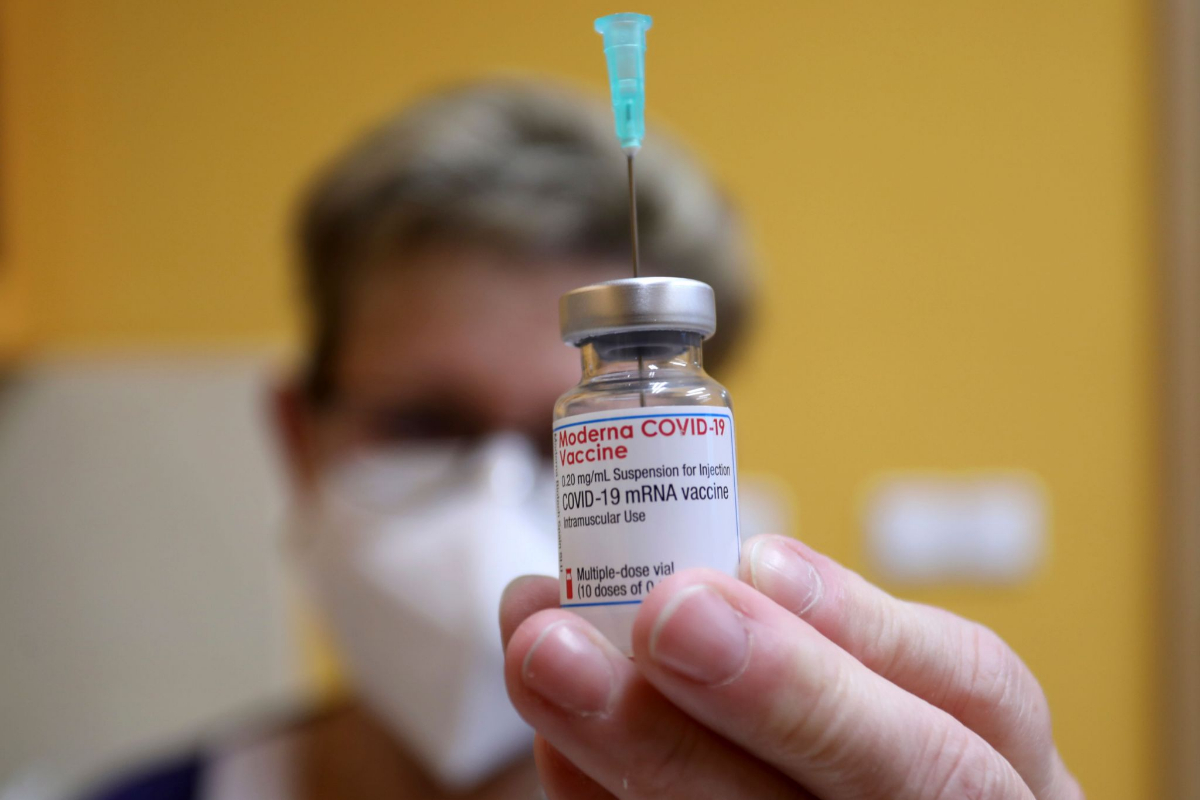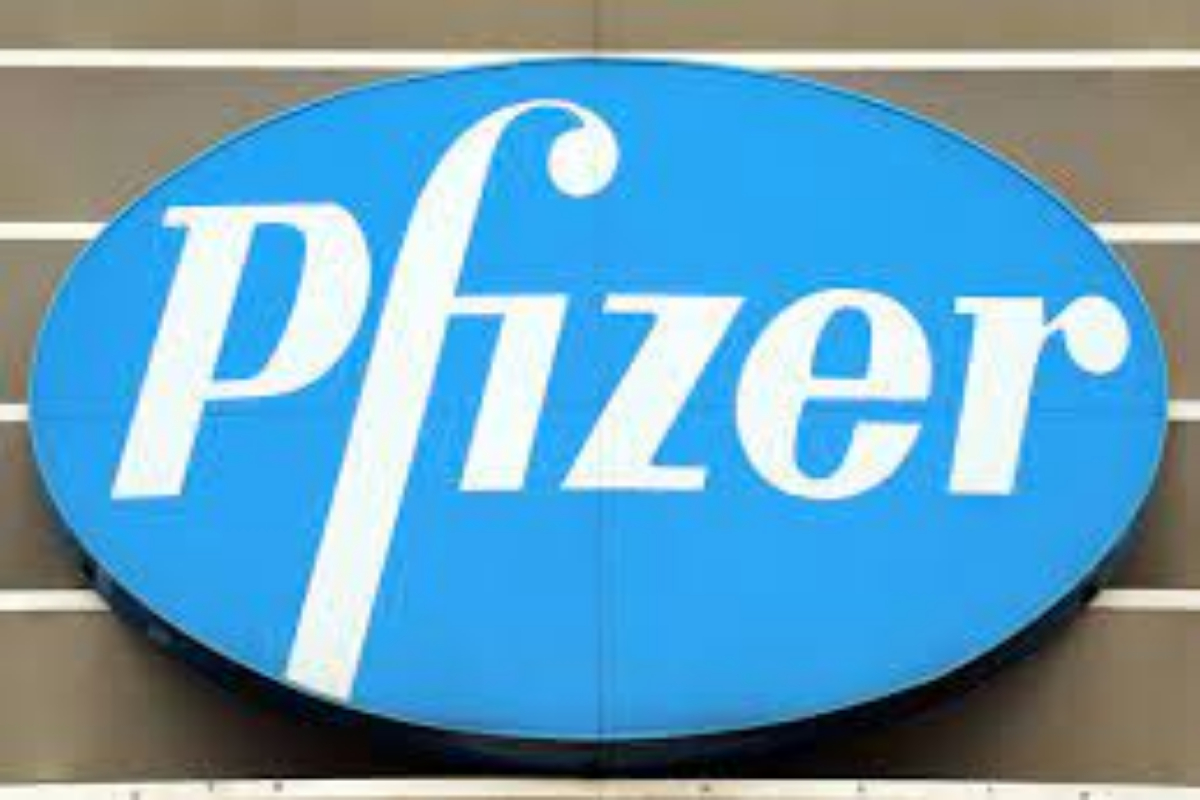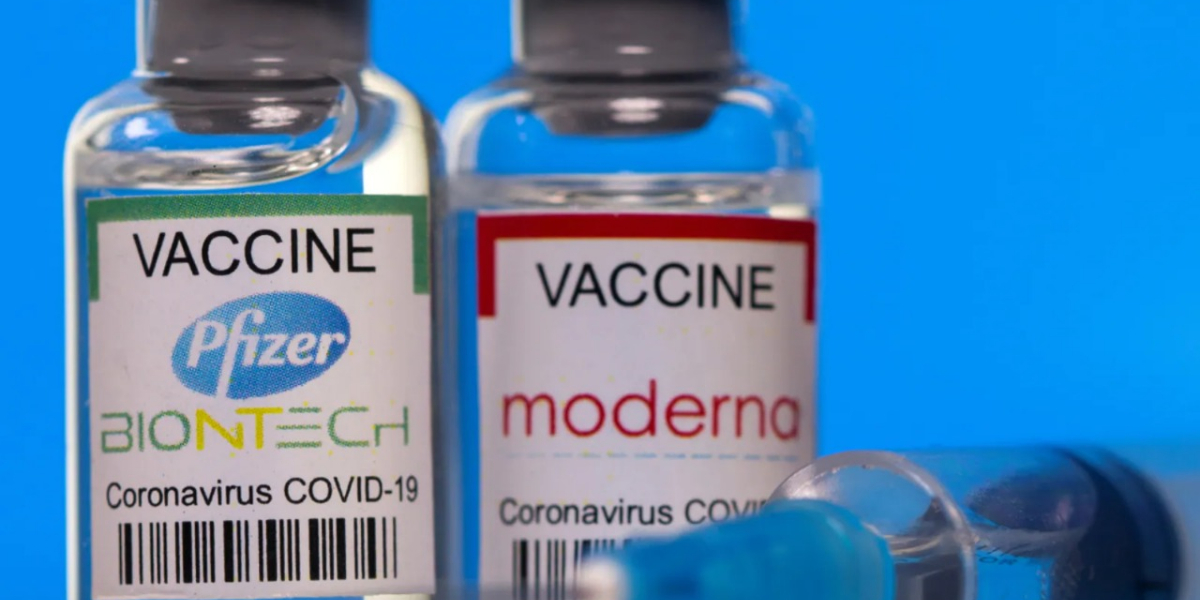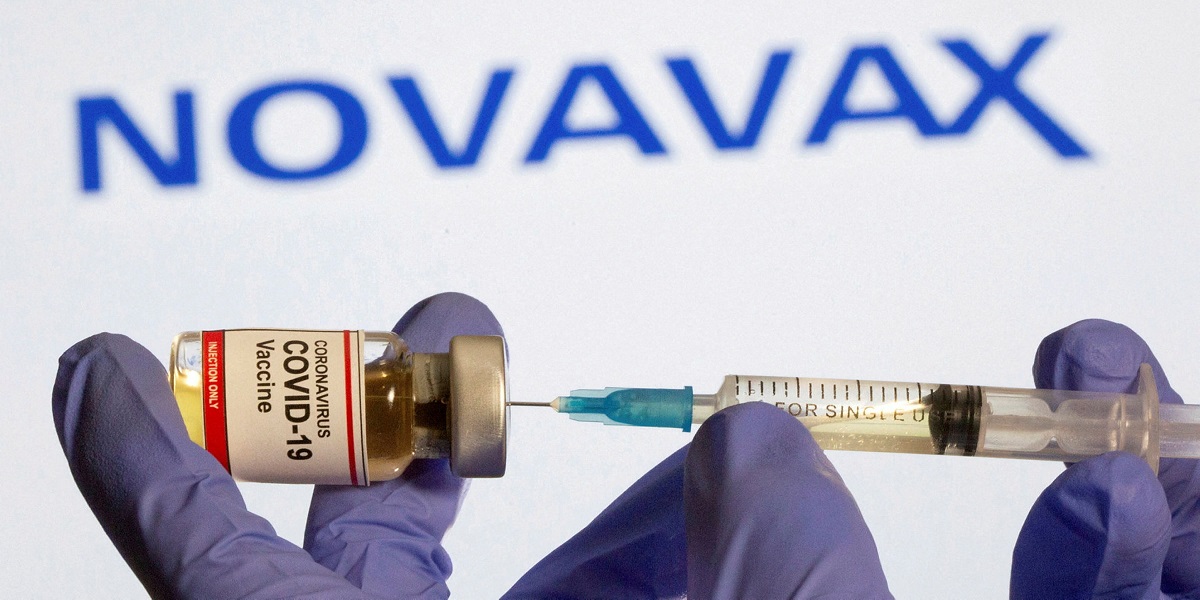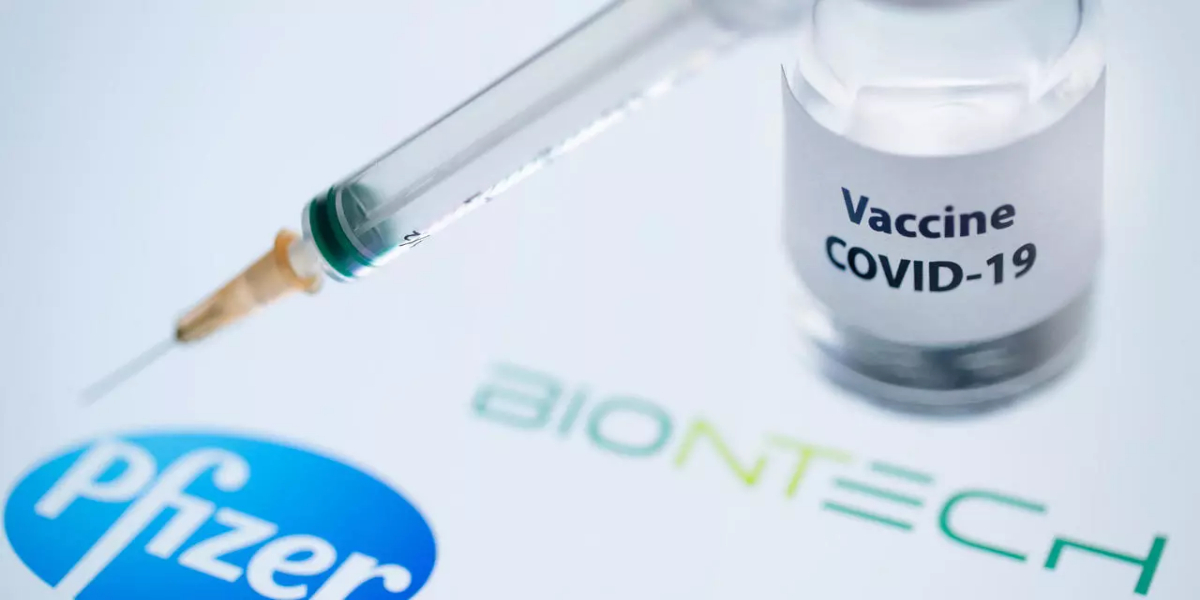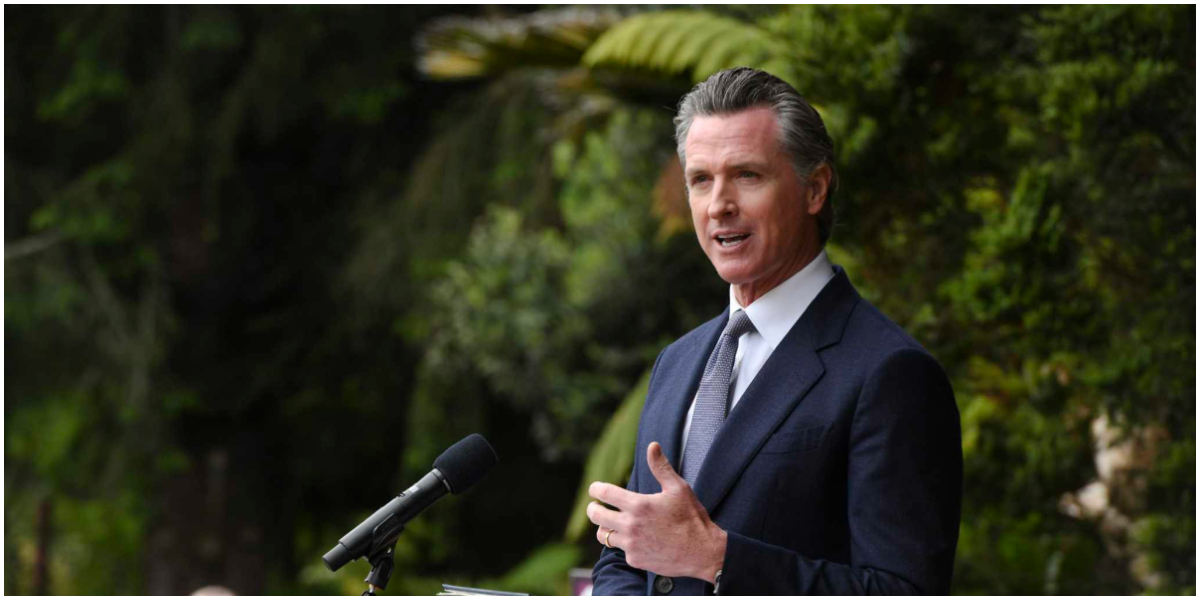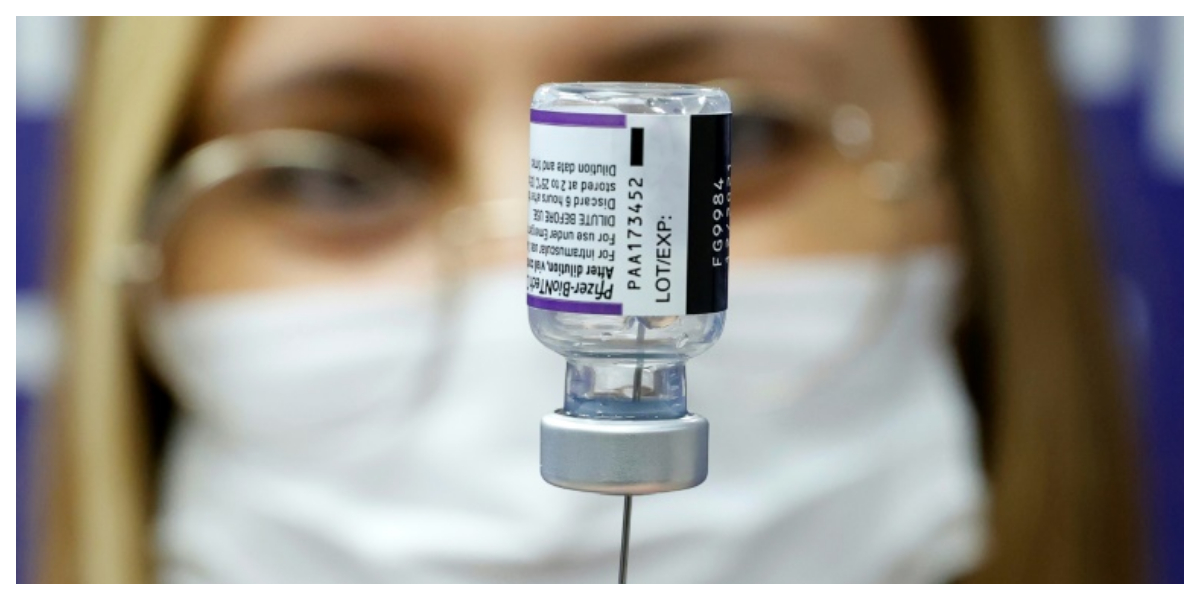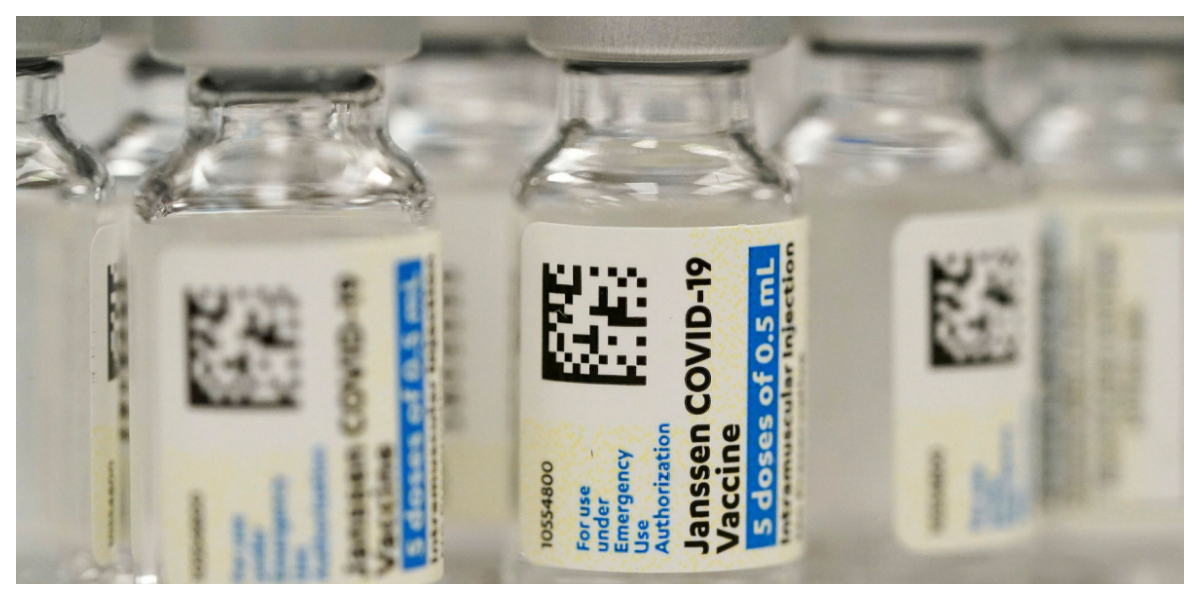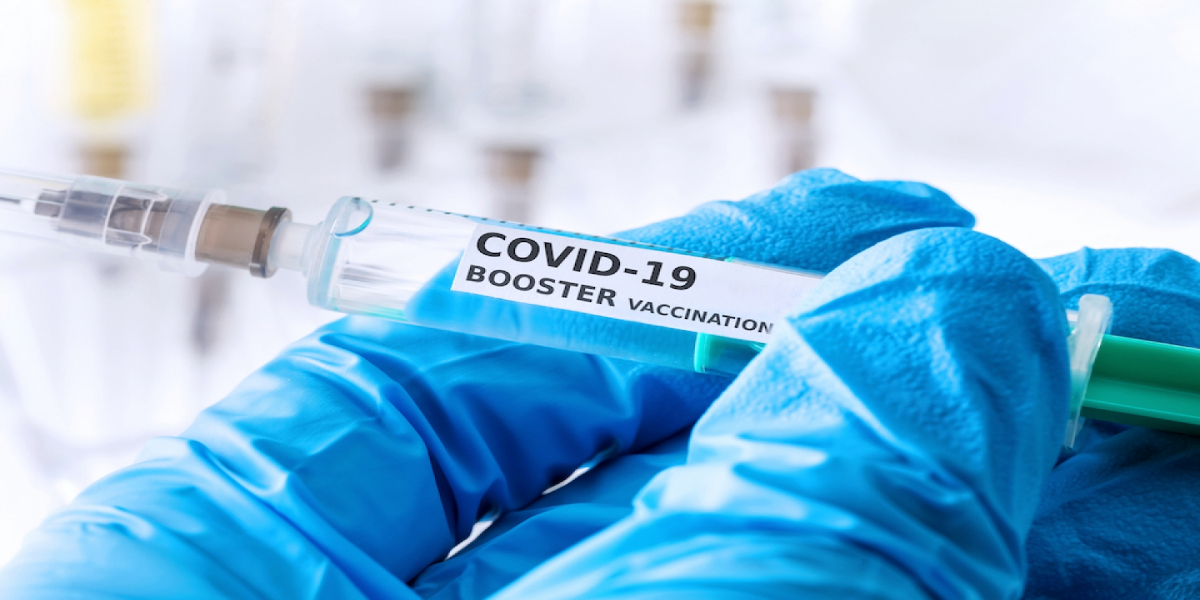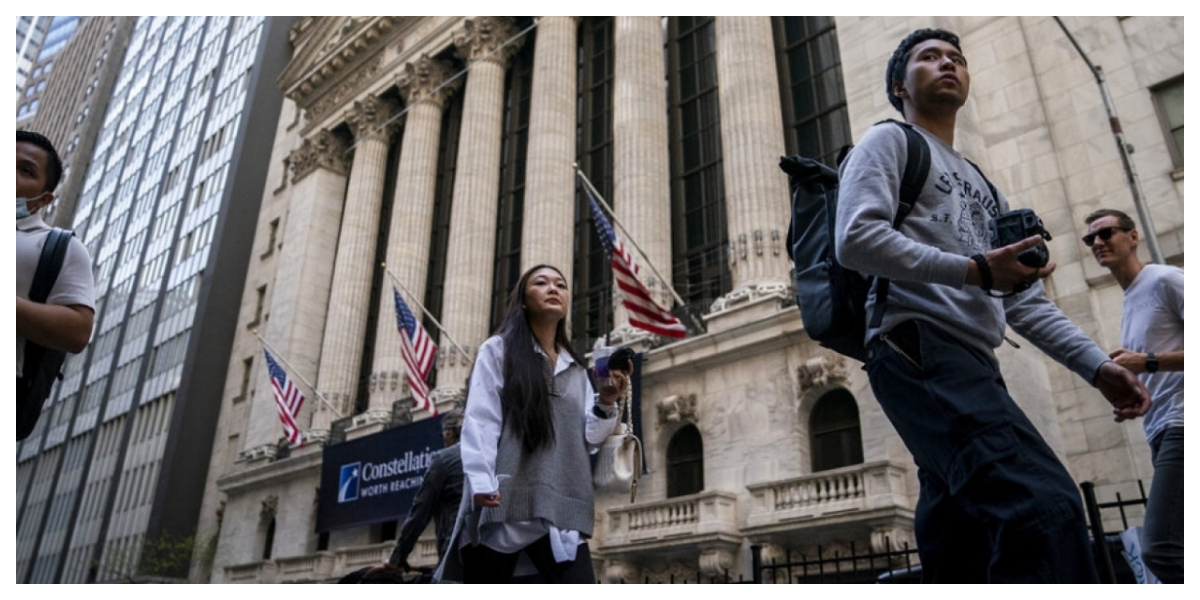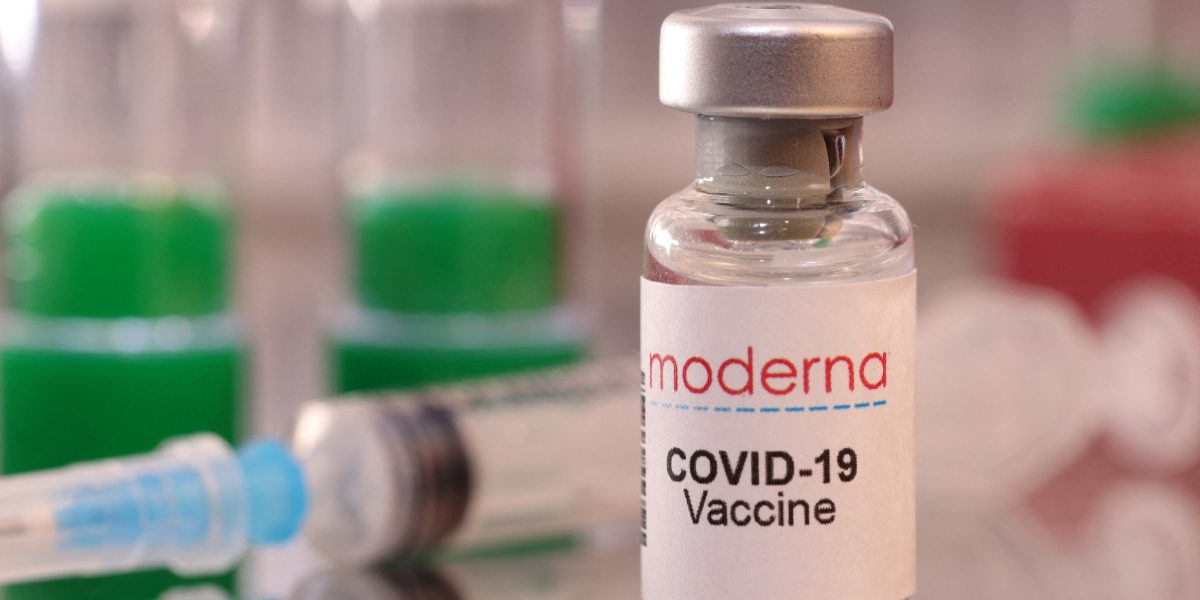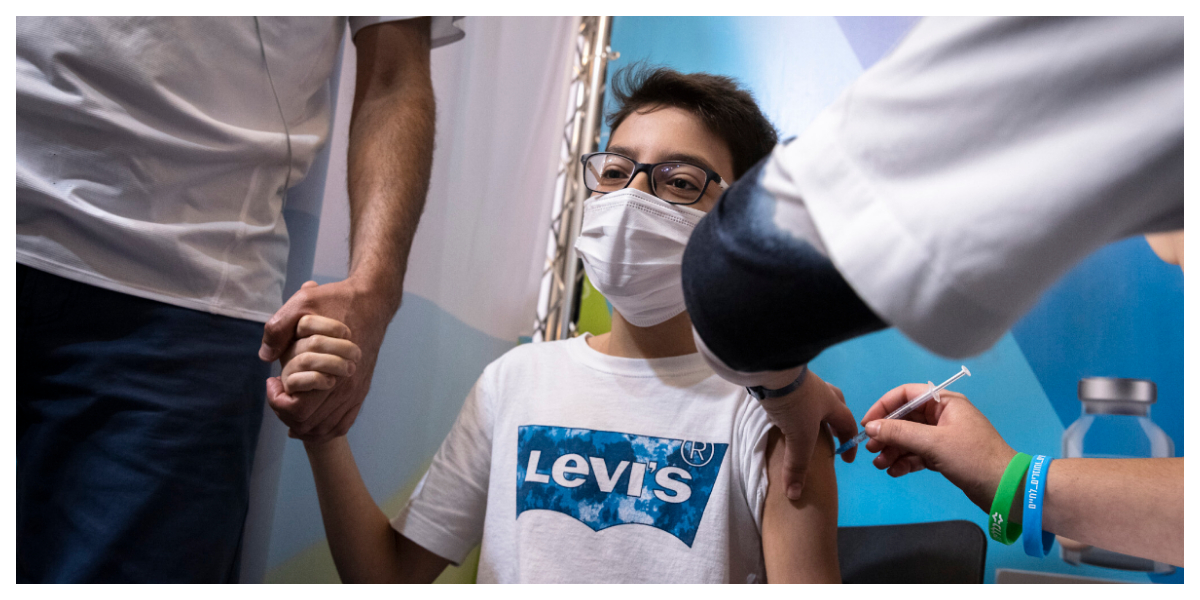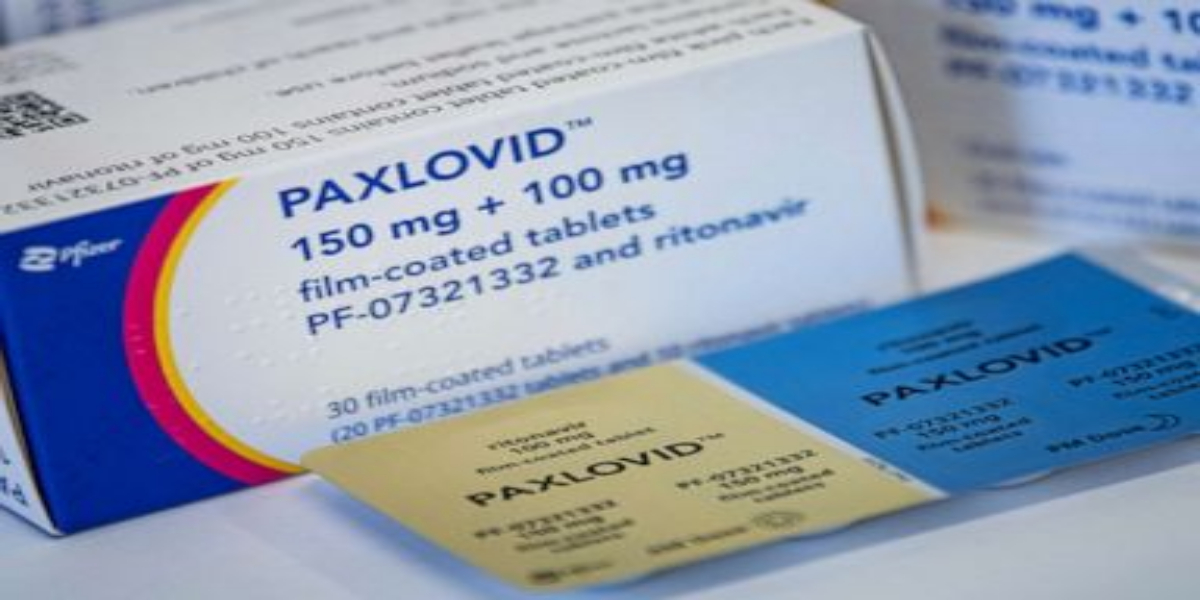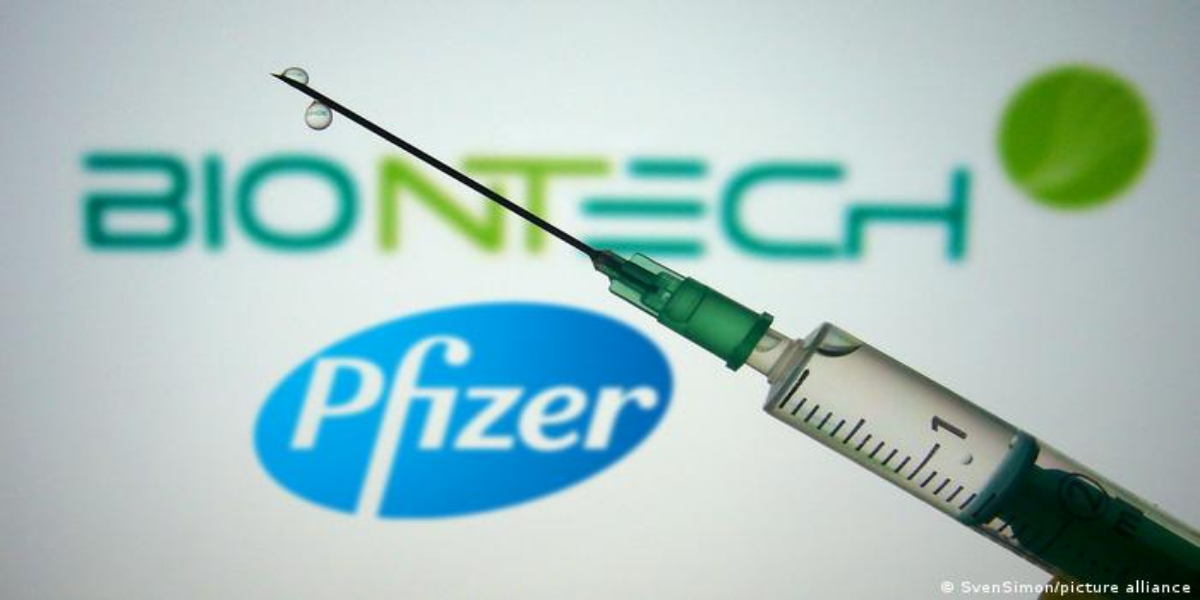- The price demanded is too high.
- Many people have turned to the black market.
- Pfizer declined to comment on the price it had proposed.
Hong Kong- The government’s failure to negotiate an agreement with prized drug Pfizer to include Paxlovid in its national insurance plan was aggravated by a revelation Sunday that the price demanded was too high, according to officials. This decision may imply that after March 31, the drug will only be available to individuals who can afford to pay full price, which is currently roughly 1,900 yuan ($280) for each course.
Many people have turned to the black market in recent weeks, where hawkers claim to provide Covid medicines ranging from illegal imports of Indian-made generics of Pfizer’s Paxlovid and Merck’s molnupiravir to the genuine substance – at up to nearly eight times the market price.
When taken promptly after the onset of symptoms, Paxlovid has been found to lower the risk of death and hospitalization in high-risk patients. The medicine, which is commonly used in industrialized countries, was approved as the first oral pill particularly for Covid in China in February.
The traditional Chinese remedy Qingfei Paidu and the domestic antiviral drug Azvudine were two more treatments utilized for Covid-19 that China did agree to pay in the most recent negotiations. Data on Azvudine’s effectiveness in preventing serious illness are scarce.
Prized drug
Currently, Pfizer’s imported pill is available in community hospitals in some cities, including Beijing, Shanghai, Tianjin, and Guangzhou.

It is also supplied on a number of e-commerce sites, where some local news reports indicate that supply issues are beginning to ease.
However, there are questions about how broadly the pills will be distributed across China.
This is a critical issue as the epidemic spreads from major cities to smaller ones and rural China. According to experts, procurement appears to be decentralized, with the pills being easier to locate at hospitals in major cities with more resources and harder to find elsewhere.
Statement from CEO
Albert Bourla, the CEO of Pfizer, stated on Monday that the business had increased exports, sending millions of courses of Paxlovid to China in the previous few weeks and that it was collaborating with its domestic partner Zhejiang Huahai to produce Paxlovid in China in the first half of this year.

But Bourla also dispelled hopes that the business may strike a deal with China for domestic drugmakers to create a generic version of the medication to be sold domestically when addressing at a conference in San Francisco.
Merck announced on its WeChat account that it will pursue legal action against some producers who were selling counterfeit versions of its Covid medication. The company will also collaborate with regional business Sinopharm to export its pill, Lagevrio, to China.
However, as the current shortages – and cost concerns – play out in one of the main countries producing generic drugs, they also shine a light on international challenges relating to intellectual property rights, according to specialists who look at access to medications.
The WHO-affiliated Medicines Patent Pool (MPP) reports that two Chinese firms have submitted their goods for review by the WHO. Zhejiang Huahai and Apeloa Pharmaceutical, along with two others in China, were granted sublicenses to produce the full generic pill in 2022.
Such flexibilities have the potential to irk foreign pharmaceutical companies and the countries where they are based, experts say. China’s concerns about impacting the local economy were likely a key reason for its reticence to use such measures.
Beijing this month called on authorities to enhance oversight of online sales of drugs and crack down on price gouging.
Pfizer negotiations halt due to cost
China is yet to approve a foreign-made vaccine for the Covid virus. Instead, its regulators have opted for homegrown antiviral pills to combat the pandemic. A top health official on Wednesday said that hundreds of pills to alleviate Covid symptoms were already covered by insurance and new viral treatments were in the pipeline.
Borla claimed on Monday that negotiations ceased because China demanded a lower price than Pfizer is seeking from the majority of lower middle-income nations.
In a separate statement, Pfizer declined to comment on the price it had proposed, but stated that it was “committed to meeting the Covid-19 treatment needs of Chinese patients” and that it “will continue to collaborate with the Chinese government and all relevant stakeholders to secure an adequate supply of Paxlovid in China.”
However, for individuals who have been dealing with the immediate issues of acquiring access to medications for themselves and their families, like Wang in Beijing, there is a sense that the system isn’t functioning—at least not right now.
“It is cruel. There is nothing we can do, no matter how we feel”, she said. It is untrue that your efforts or hopes will improve the situation.
[embedpost slug=”/covid-to-peak-in-rural-china-over-new-year/”]
Read more

